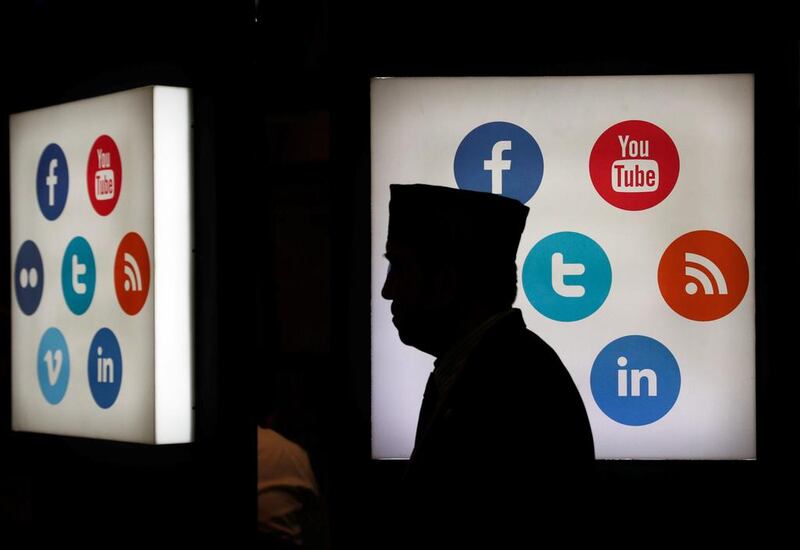How genuine are people’s recommendations on social media? We need to ask this question because most of us are influenced by what we see online. The problem is that unsuspecting consumers often believe that those posting content and offering recommendations are genuine when they’re not.
This raises an ethical question, and is the reason why the United States Federal Trade Commission now requires celebrities, including the Kardashians, to make it clear when their posts are sponsored.
Social media is a great advertising platform because it gives companies access to millions of daily users. Many companies now identify so-called “social media influencers” and pay them to promote a product or service to their fan base.
Advertisers know, from psychology and marketing research, that people buy products or services when the spokesperson is seen as familiar, similar and credible to the consumer. Social media influencers are all of these things, with the added bonus of seeming more authentic than traditional advertisements.
Social media influencers use familiarity to attract and persuade their followers. Psychology studies have found that the more we are exposed to someone, the more we come to like them.
This means that people who post regularly will be more liked than those who do not. A quick glance at some of the biggest UAE social media influencers confirms this.
Another strategy that social media influencers use is similarity. We tend to like people who share our demographics – age, education level, ethnocultural background, socioeconomic status – as well as our attitudes, interests and values. This means that we tend to be drawn to social media personalities who we view as similar to us.
As a result, many social media influencers are followed by a relatively homogeneous group of people. For example, beauty bloggers have many more female than male followers. Similarly, mommy bloggers have many more parent than non-parent followers.
Credibility is the third factor that social media influencers use to attract and persuade people. People are more likely to buy a product or service if it is being sold or advertised by a celebrity or industry insider. You are more likely, for instance, to buy beauty products that are endorsed by Beyonce than a random person with no beauty expertise.
On social media, credibility is constructed. Social media influencers might not have any real credentials or experience, but they have huge numbers of people who care about what they think and listen to what they say. Their large following adds to this idea of credibility –if so many people follow them, then they must know what they are talking about.
A recent survey found that about 70 per cent of people in the UAE bought something that was recommended on social media. Companies know this, which is why many big names regularly reach out to social media influencers.
The issue is transparency. The UAE might want to consider implementing some regulations so that consumers know when they are looking at an ad. Until then, a smart consumer is a sceptical one.
Dr Sarah Rasmi is a social psychologist and professor at United Arab Emirates University
On Twitter: @DrSarahRasmi





